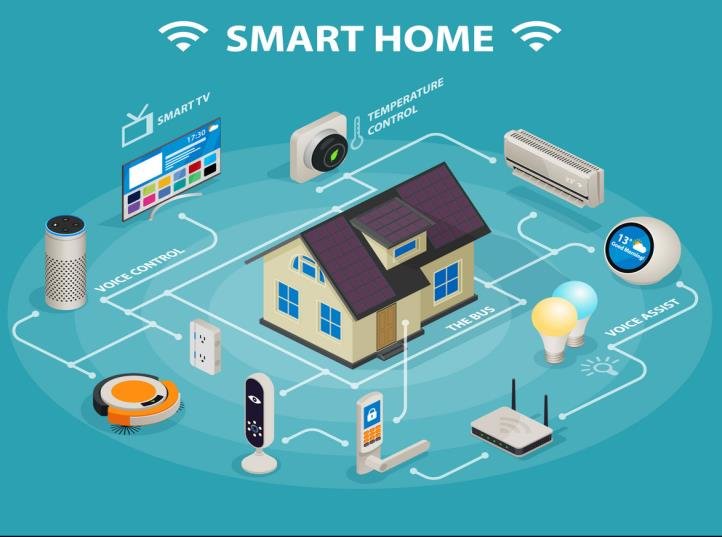
The Internet of Things (IoT) is no longer a futuristic concept; it’s a present-day reality that’s reshaping how we interact with our living environments. With the integration of smart devices, our homes have transformed into connected spaces that offer unprecedented levels of comfort, convenience, and efficiency. However, as we dive deeper into this interconnected world, the concern for personal data privacy grows.
Understanding IoT and Its Role in Modern Living
IoT refers to a network of physical objects equipped with sensors, software, and other technologies that connect and exchange data with other devices and systems over the internet. These objects range from common household items like refrigerators and thermostats to sophisticated industrial tools.
David Wolf, vice president of Just Solutions, Inc., explains that many users are interacting with IoT devices regularly without even realizing it. “Your new Wi-Fi-enabled microwave or your smart doorbell with a camera and an app are examples of IoT at home,” says Wolf.
From Convenience to Safety: The Dual Nature of IoT
While IoT devices offer convenience, such as ensuring you always have a cold beverage ready, they also play a crucial role in safety. Advances in sensor technologies have made devices like smart watches, televisions, and cars commonplace. Yet, the deployment of IoT goes beyond mere convenience. It has the potential to enhance safety measures in various aspects of life.
Ashique KhudaBukhsh, Ph.D., an assistant professor at the Rochester Institute of Technology, is part of a team presenting a paper highlighting how IoT can aid in predicting structural failures. By mining social media posts with AI, they’ve developed an infrastructure ombudsman tool that could potentially save lives by preventing disasters like bridge collapses.
The Dark Side of IoT: Data Privacy Concerns
As much as IoT promises to improve our lives, it also presents significant data privacy concerns. Cybersecurity experts warn that poorly designed networks could make IoT devices vulnerable to hacks, with personal information at risk of being compromised.
Wolf recommends that users ensure their IoT networks are secure, regularly update their device software, use complex passwords, and consider isolation strategies to protect sensitive data.
Looking Ahead: The Future of IoT in Smart Living
Craig Lamb, co-founder of Envative, believes that IoT will find its way into every industry, citing examples from manufacturing to hospitality. The key advantage for businesses lies in cost management and improved operational efficiency.
The future of IoT and Smart Home technology is promising, with advancements continually emerging to enhance our quality of life. However, it’s crucial that we navigate this brave new world with an awareness of the potential risks, especially regarding our personal data.
Conclusion
The evolution of IoT and Smart Home technology is revolutionizing our daily experiences, making our lives more connected and efficient. As we embrace these changes, let’s also commit to safeguarding our digital privacy and security, ensuring a future that’s not just smart, but also secure.